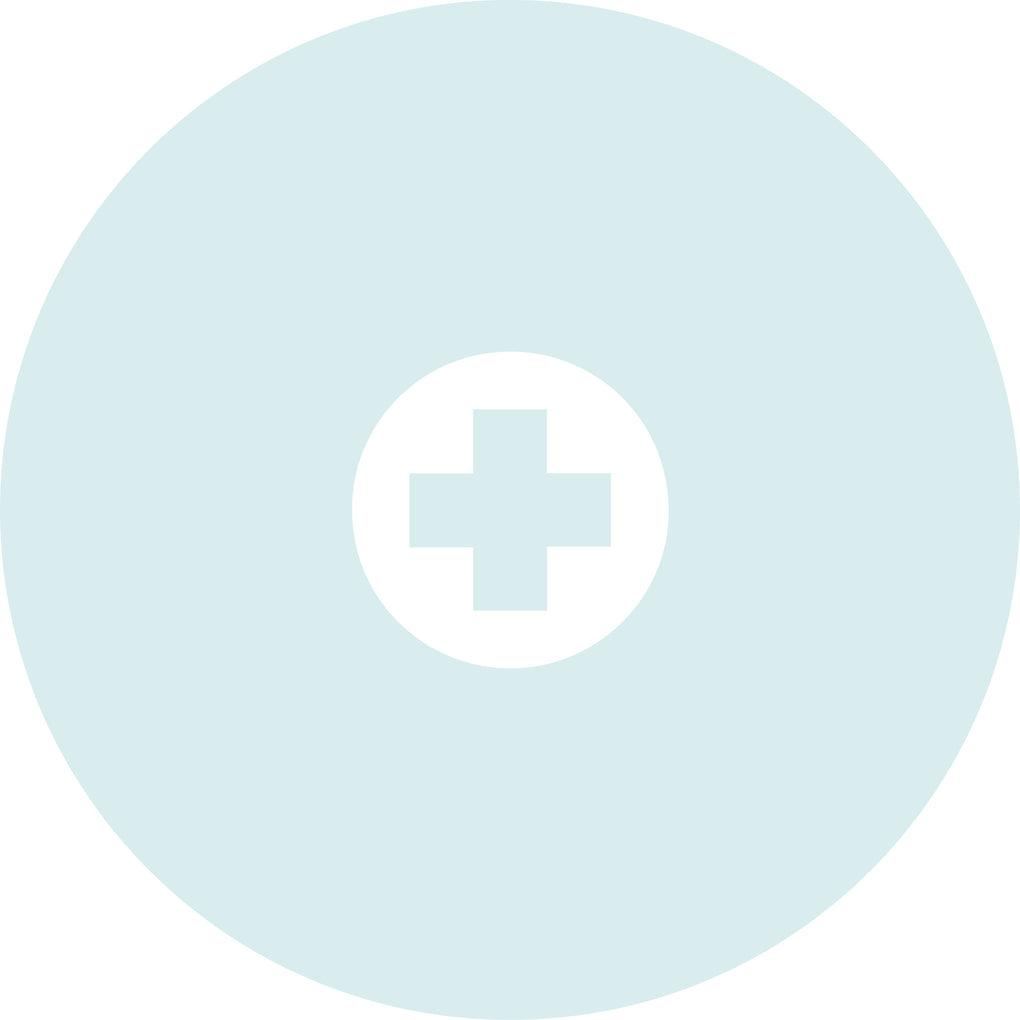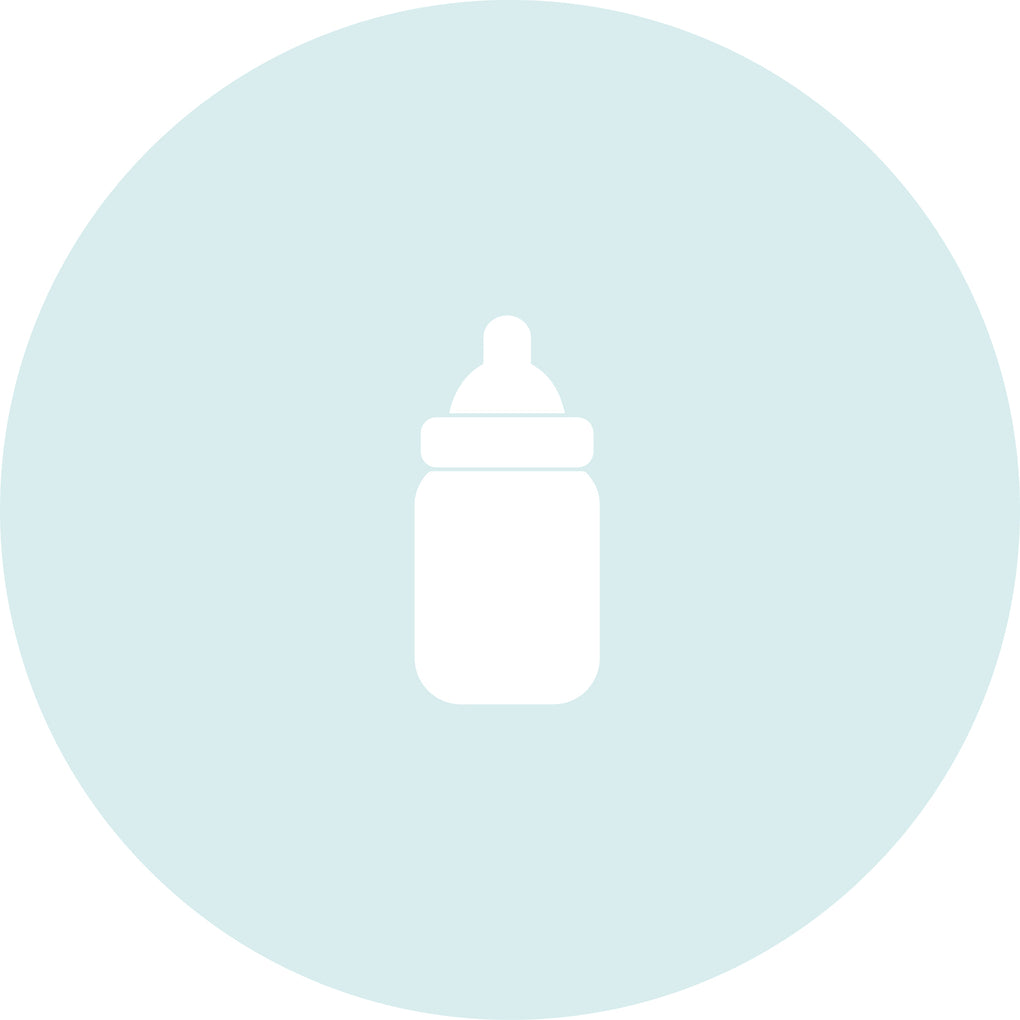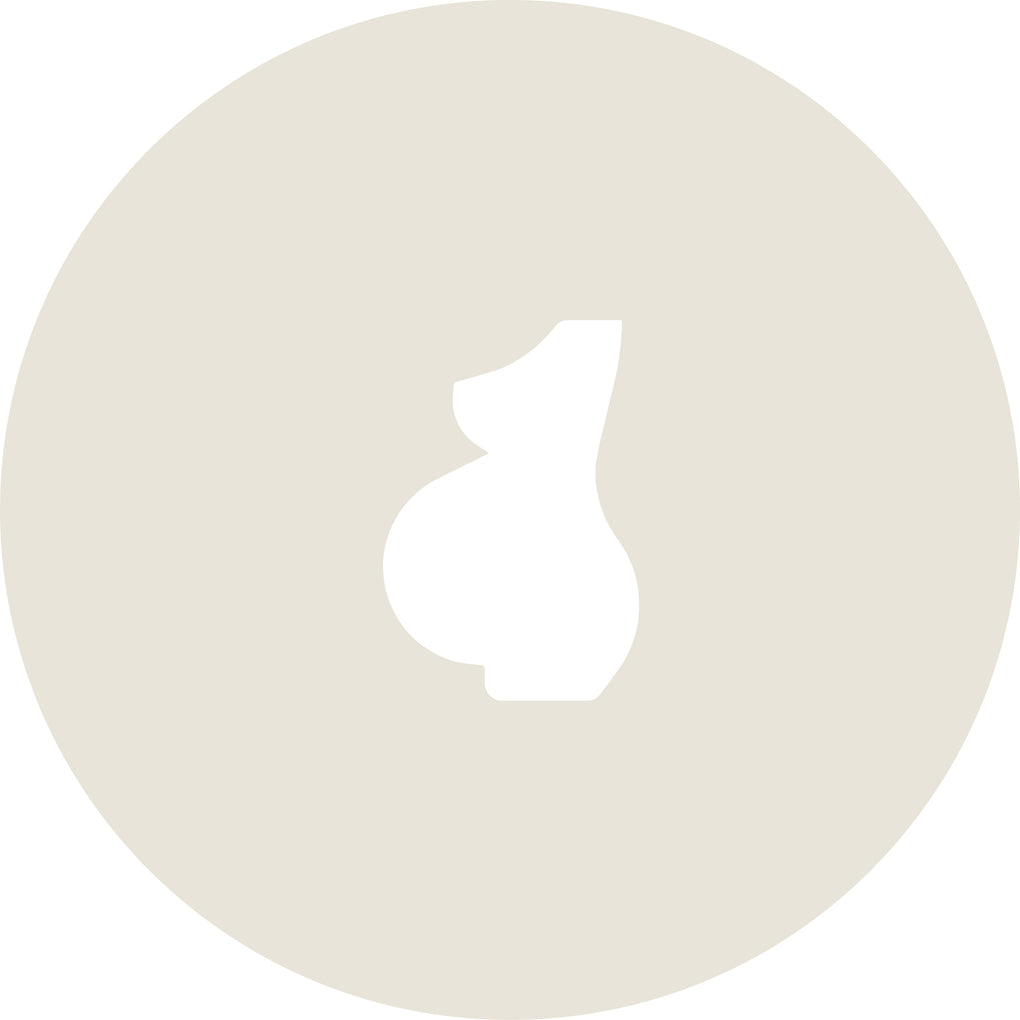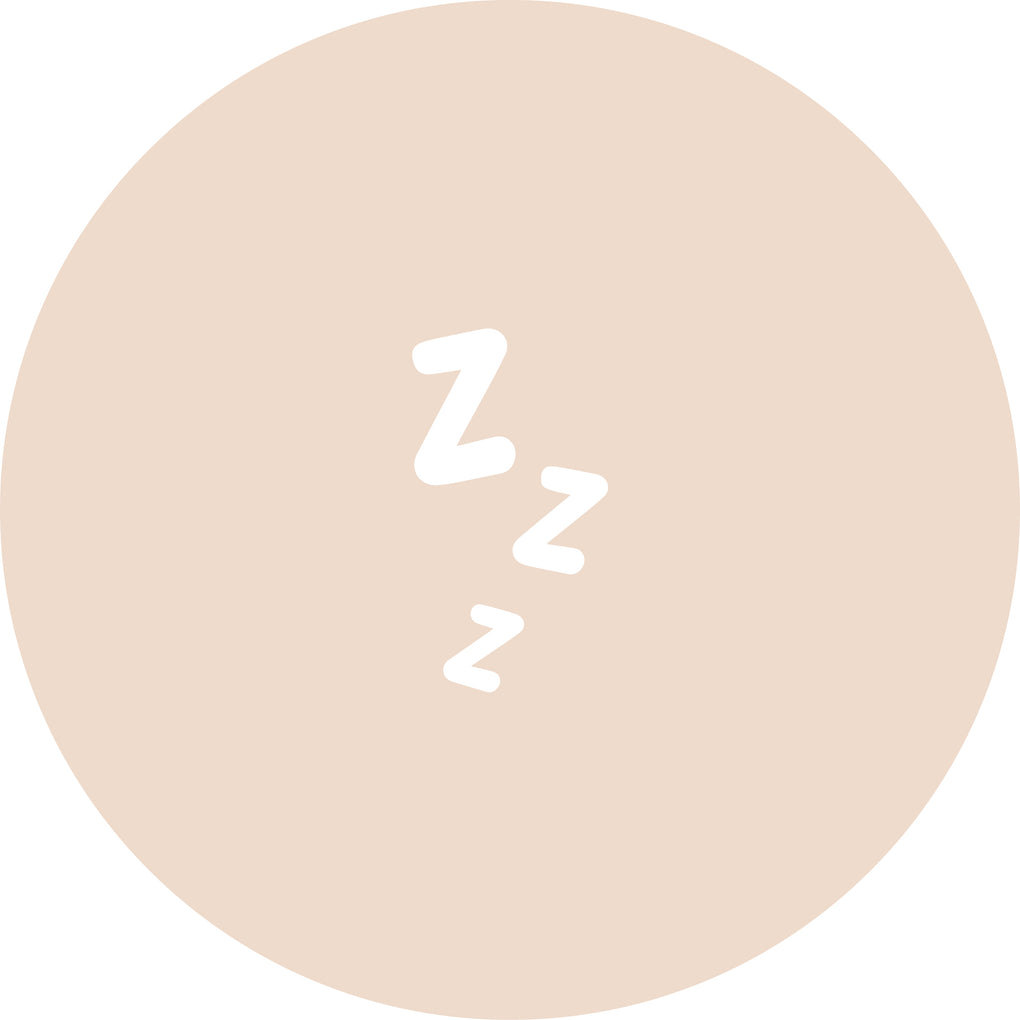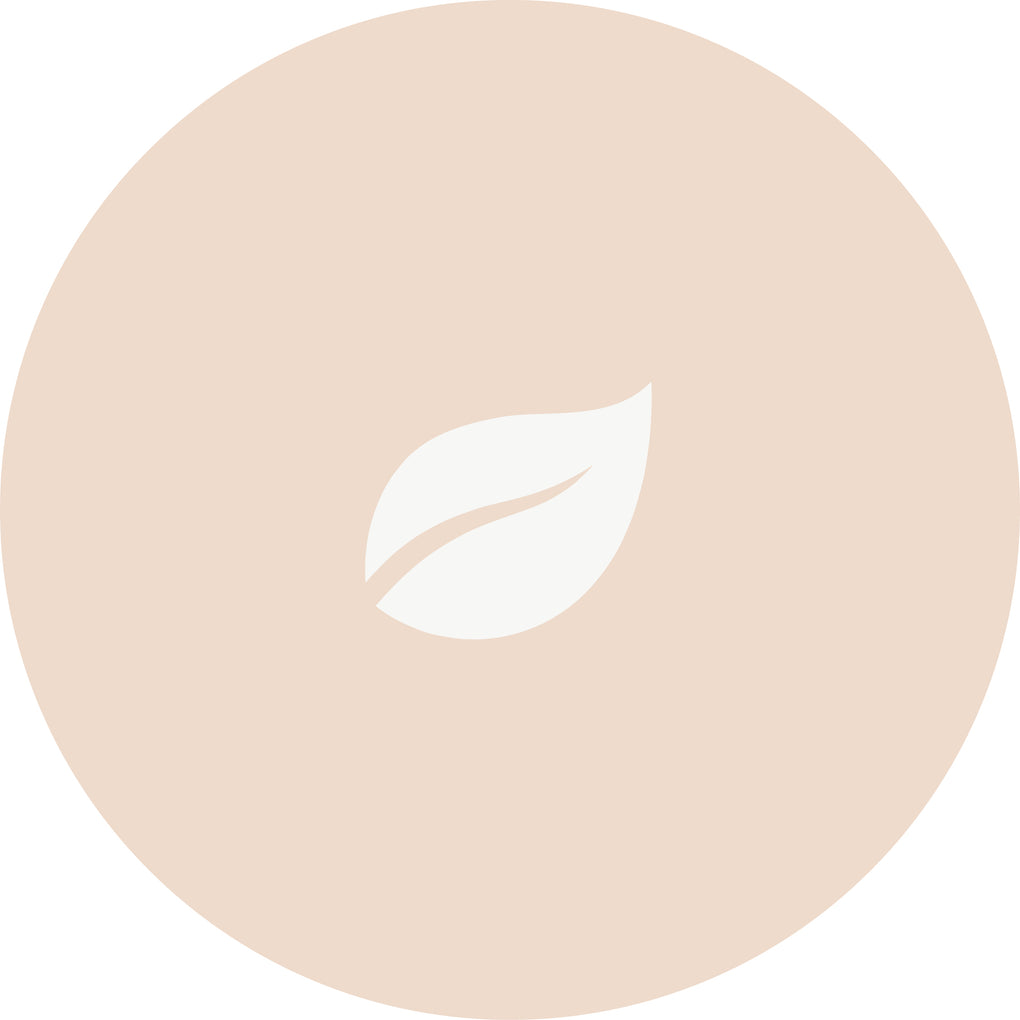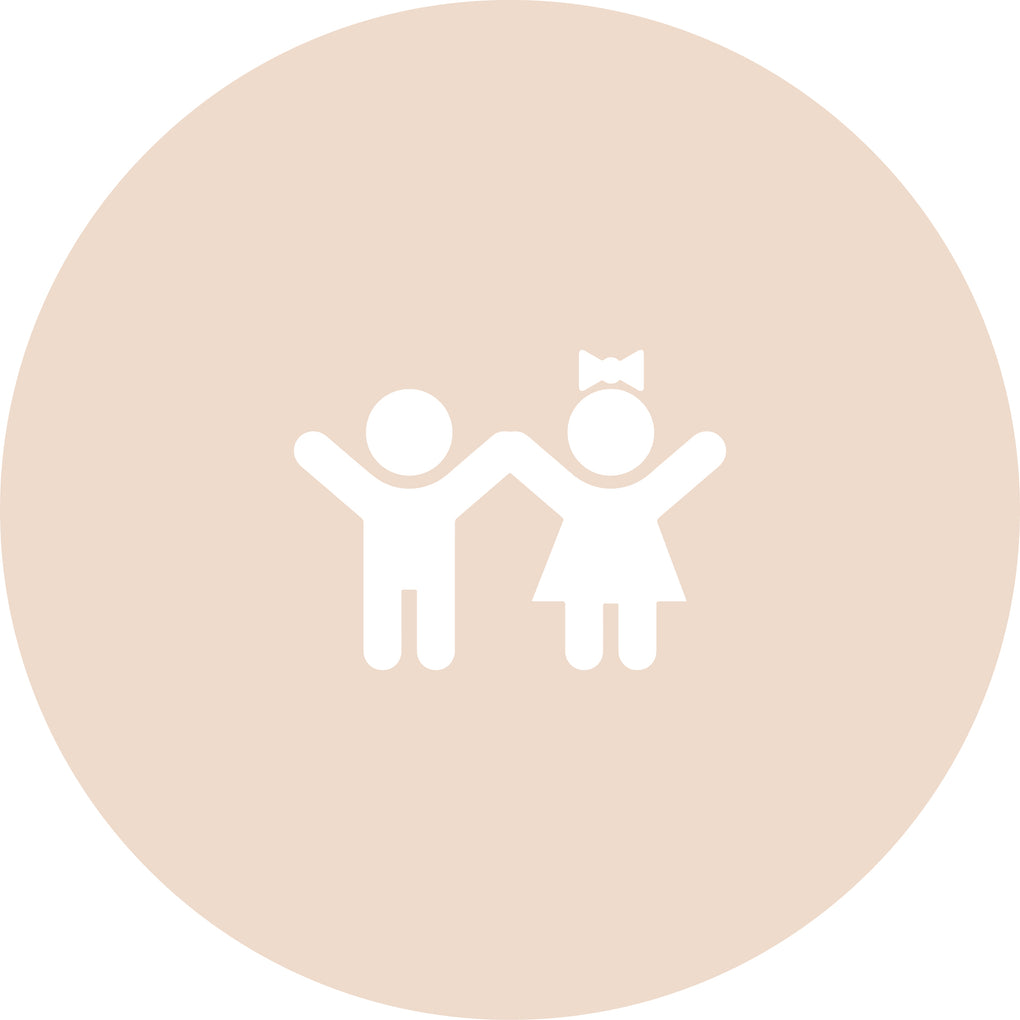It’s heartening to read Frugi’s Kurt Jewson write about the organic brand’s journey. Starting as a glimmer in his nursing wife’s sleep-deprived eye, it is now the UK’s third bestselling childrenswear brand as voted by readers of CWB Magazine (Children’s Wear Buyer is the trade magazine for the childrenswear industry).
Over the past decade buyer and customer awareness of organic, ethical products has increased. The fact that many larger supermarkets now include organics in their own-brand range reflects this.
Even last year as the economy contracted, organic food generated a staggering £2 billion in 2010-2011 (according to IbisWorld). Couple this with Frugi’s recent success and you have a clear indication of how important organic products – from food to cotton – are to consumers and buyers.
But the old perception of organic cotton childrenswear being the preserve of uber-rich yummy mummies and celebs lingers on. Victoria Hampson, Natural Baby Shower’s founder, encountered this attitude recently in a BBC interview when the presenter queried how relevant organic clothing was to mainstream customers.
Of course, it’s a wonderful thing when people with financial resources choose organic; but as the stats show consumers with average bank-balances are also going pesticide-free in their droves, driven by ethics as much as fashion sense.
So lest we forget that the moniker ‘organic’ is more than another marketing terms, here a just a few reasons why buying and stocking organic cotton rocks:
It’s Good For the Environment
To convert to organic status cotton farmers worldwide are re-learning historical farming methods. They work gently with the land using compost and other natural products which leave the soil rich and fertile as opposed to conventional farming which uses fertilisers and toxic sprays leaching the soil of all its goodness and polluting rivers, often the main source of a community’s drinking water.
It’s Good for the Farmers
The very nature of organic farming avoids toxic chemicals. The chemical paraphernalia that farmers need to grow non-organic cotton: fertilizer, pesticides and so on, sees your average grower descend deeper and deeper into debt with large multi-nationals. In developing countries where many are illiterate or cannot read English to interpret pesticide safety labels, poisoning and injury is also common. These are all contributory factors to India’s notorious suicide belt >>
It’s Better for the Wearer
Whether toxins remain on the surface of conventional cotton or not is a contentious issue. But it should be noted that worldwide conventional cotton farming uses a staggering one quarter of the world’s insecticides. These substances are packed full of carcinogenic chemicals and other poisons like Aldicarb, which can kill a man when just one drop is absorbed through the skin.
All information from http://www.ota.com/learn-about-organic - have a read for lots more details.
So how do I know if it’s definitely organic?
There are a number of different labels, but the leading processing standard for organic textiles is The Global Organic Textile Standard (GOTS). It guarantees a high level of environmental standards across the entire supply chain and also looks at working conditions. The Soil Association is one of the highly respected organisations which certifies to GOTS.
For more information on organic labelling, or anything involving the supply chain for ethical clothing, visit the London-based Ethical Fashion Forum. It’s also a great way to connect with ethical producers.
A Note to Buyers
Understandably with the economic downturn, buyers are ever more cautious about the clothes they source. But organic cotton childrenswear has huge market appeal to the ever growing number of ethical consumers.
Stocking organic increases marketing scope as well. Not only can you talk to consumers about price and quality, you can also discuss ethics and engage customers with the stories of those involved throughout the organic product’s supply chain: the growers; the processors; the seamstresses and the beneficial effect on all their children.
‘Transparent supply chain’ is a buzz term amongst the ethical fashion industry and many organic manufacturers post information about cotton farmers on their sites.






